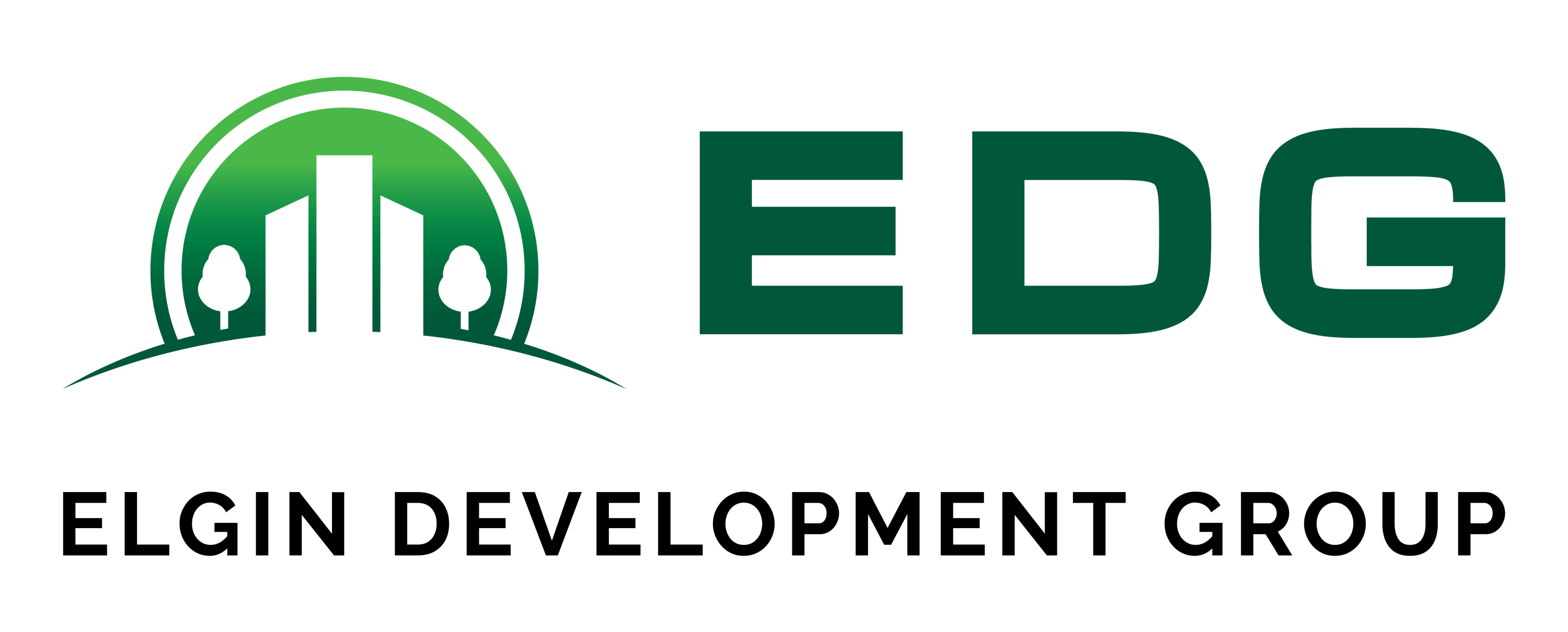
Inflation expectations edge lower; Import cargo traffic may surge; Construction hiring slows
What you need to know to start your day
Inflation expectations edge lower
Consumers now have lower expectations about the future direction of inflation, after weeks of concerns about the effects of imposed and pending trade tariffs, according to the latest national survey by the Federal Reserve Bank of New York.
The regional Fed said its May survey found consumers expect annual inflation to be at 3.2% a year ahead, 3% three years ahead and 2.6% five years ahead, based on median responses. Numbers were down slightly from the April survey for all three time horizons, reflected across age, education and income of respondents. The government’s latest reported U.S. inflation rate was 2.3% as of April.
Several consumer sentiment surveys, including those by the Conference Board and the University of Michigan, have indicated rising pessimism about household finances and U.S. business prospects, tied largely to concerns over tariff effects on prices. New York Fed researchers found consumers are still concerned about rising food prices, expected to escalate by a median 5.5% in the coming year — the highest level since the October 2023 survey.
Respondents expect rents to rise by a median 8.4% in the coming year, down 0.6 percentage points from the April survey, and anticipate a 2.7% price hike for gasoline, down 0.8 points. Household earnings growth is expected at 2.7%, up 0.2 points from April, while home price growth is projected at 3%, down 0.3 points.
“Consumers’ recent pessimism about the labor market eased somewhat, while consumer debt delinquency expectations and expectations about one’s household financial situation improved slightly,” regional Fed researchers said in a statement Monday.
Import cargo traffic may surge
Major U.S. ports are on track to post a surge in cargo container traffic this summer as retailers take advantage of a 90-day reduction in tariffs imposed on goods from China, according to the National Retail Federation and transportation consulting firm Hackett Associates.
“Retailers had paused their purchases and imports previously because of the significantly high tariffs,” NRF Vice President Jonathan Gold said in a statement Monday. “They are now looking to get those orders and cargo moving.”
As U.S.-China talks proceed, products from China are being charged a 30% fee instead of the original 145% announced this year. The lower China tariff is in effect for 90 days through Aug. 12, and higher reciprocal tariffs on other countries have been paused until July 9 amid ongoing negotiations.
Ahead of those dates, retailers are now looking to bring as much merchandise into the country as they can, as they prepare for the crucial back-to-school and fall-winter holiday seasons, Gold said. The retail federation and Hackett Associates anticipate a surge in imports for June through August, after tariff uncertainty caused May shipments to drop by an estimated 13.4% from the prior month and decline 8.1% from a year earlier.
Port cargo traffic trends often affect demand for nearby logistics real estate. “If higher tariffs are not delayed again, we can expect the final four months of the year to see declining volumes of imports,” Hackett Associates Founder Ben Hackett said in the NRF statement.
Construction hiring slows
Construction fared better than many industries as it added 4,000 positions from the prior month in May. But the industry’s annual employment growth has slowed amid market uncertainty, going from 2.8% in May 2024 to 1.5% in May 2025, according to the Associated General Contractors of America.
“Nonresidential construction firms added employees in May for the 13th month in a row,” said Ken Simonson, the trade group’s chief economist, in a statement. “However, constant changes in tariffs and other policies that are affecting the cost and demand for construction have led to a significant slowdown in hiring.”
Citing government data, the group said nonresidential construction companies added 11,300 workers in May, while residential construction firms posted a decline of 7,400 from the prior month. “As federal officials provide more certainty about tariffs, taxes and investment levels, demand for projects is likely to rebound,” trade group CEO Jeffrey Shoaf said in the statement.
Additional Info
Media Contact : https://www.costar.com/
Related Links : https://www.costar.com/
Source : https://www.costar.com/
